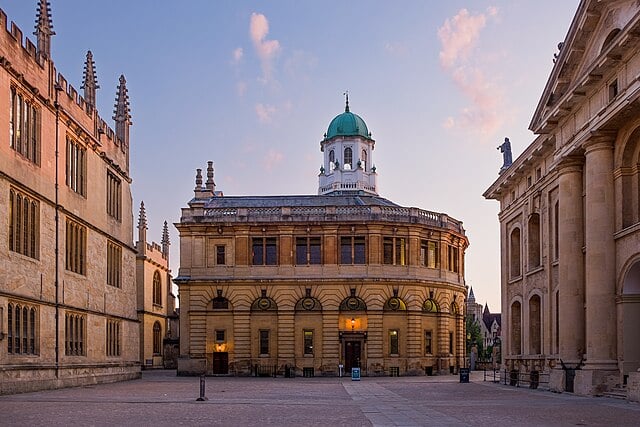A new termly series to “reaffirm the importance of free and inclusive speech” was announced by Oxford University Vice-Chancellor Irene Tracey in her annual oration on 8th October. Named the Sheldonian Series, these events will explore “the big questions of our age” and observe a set of ‘Free Speech Tips’.
The series is open to all students and staff, who will have the opportunity to hear from a wide range of scholars. The first topic will be “Democracy” and is scheduled to commence this November, just weeks after the US elections. Speakers for the events are yet to be confirmed.
The Sheldonian Series will follow a set of “Free Speech Tips”, which provide detailed guidance on how to conduct debates on controversial topics. This intercollegiate initiative was developed by students, academics, and Heads of Houses from Balliol, Brasenose, Mansfield, Somerville, and Worcester College. It aims to supplement, not replace, official Oxford University guidance on free speech.
The tips advise that while the contents of conversations may be discussed outside the event, specific comments and questions should not be attributed to individuals, with the hope that people will feel freer to speak. It asks for organisers to consider contingency plans in case “respectful communication breaks down” and encourages people to seek the advice from college heads if their events are facing “roadblocks”.
Associate Professor Julius Grower was amongst several colleagues the Vice-Chancellor thanked for their help developing the Sheldonian Series. Grower is a signatory of an open letter addressed to Education Secretary Bridget Philipson, which seeks the reinstatement of the previous Conservative government’s Higher Education (Freedom of Speech) Act 2023 that was halted by the Labour government.
The act gave greater protection to academic freedom of speech; universities that failed to do so could have faced sanctions and fines. It also provided a complaint scheme for academics and visiting speakers if they were prevented from speaking. The government has said the reason to pause the act was in the interest of student welfare and to protect vulnerable groups. Grower was the sixth academic to sign the letter. There are now over 650 signatures from academics, among them Richard Dawkins, Kathleen Stock, and seven Nobel Laureates.


